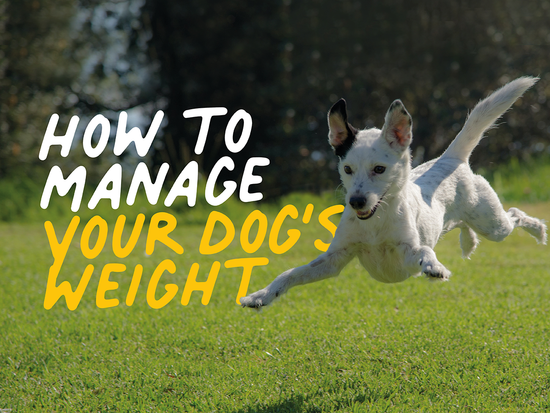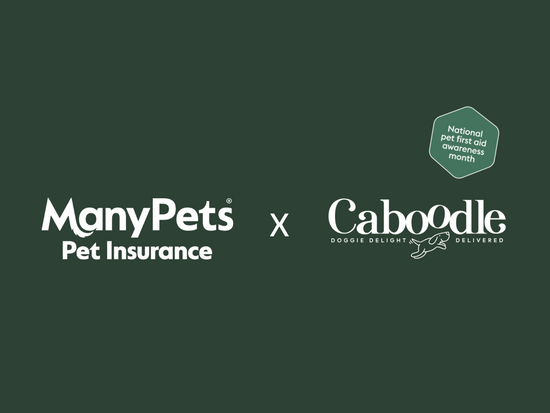It is always smart to be prepared for accidents and emergencies. Just like we have first aid kits for minor injuries, you should keep one around for your dog too. If you already have a kit, now is a great time to check nothing has run out or expired. Basic first aid knowledge could make a big difference to your dog’s recovery if they do become injured.
Proceed with caution
Even if your dog is friendly and placid, sometimes when they are in pain they can become reactive and may even try to snap or bite. Approaching the situation gently, with a calming voice and slow movements helps.
DR ABC
Reduce the risk to your dog (and yourself) and make an initial assessment by remembering DR ABC:
- Danger: keep yourself and others around you safe.
- Response: check if your dog responds to their name or touch.
- Airway: is their airway clear?
- Breathing: are they breathing?
- Circulation: do they have a pulse or heartbeat?
Be prepared
- Keep your vet’s number on-hand, whether you have it saved in your phone, written down and kept in your purse, wallet or bag.
- Own a first aid kit, remember where it's kept (and put it back there after use!) and replace anything you use.
What a good first aid kit should contain:
- Bandages
- Blunt-ended scissors
- Wound wash
- Cotton wool
- Tweezers
- Tick tweezers
- Wound dressing
- Self-adhesive tape
- Dressings
- Vinyl gloves
- Foil blanket
- Antiseptic wipes
- A blanket
Our top picks for pet first aid kits:
Ideal for out and about: Mountain Paws, £17.99
Perfect to keep in the car: Pets at Home, £15.00
Top rated: BearHoHo, £29.00
Great value: Relivet, £12.39
Get the whole caboodle: The Dog First Aid Co, £59.00
Remove ticks stress-free: Tick Remover, £2.99
Common Emergencies
And advice from PDSA
Insect stings and allergic reactions
*Always seek medical advice if you are unsure - we do not advise attempting to treat serious conditions. If you do feel unsure, please call your veterinary practice to have a phone consultation - they will be able to tell you what you can do in the moment and if your dog needs to be seen by a vet.




